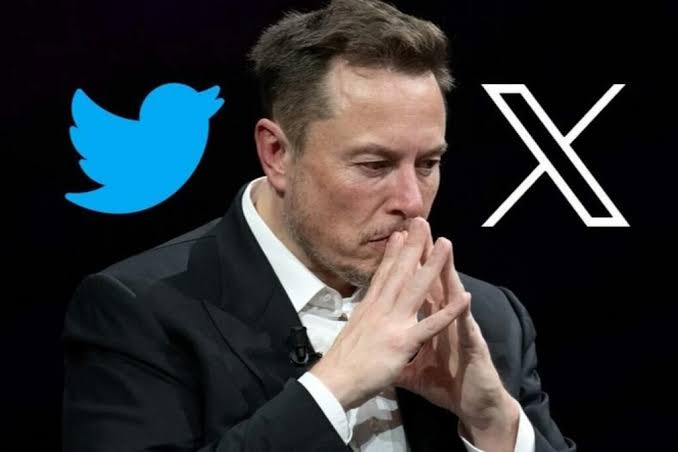Elon Musk’s acquisition of Twitter, now known as X, was one of the most talked-about business deals in recent years. Valued at $44 billion, the twitter deal involved several financial institutions, banks, and investment funds. However, recent revelations have brought to light that among these backers were individuals linked to Russian oligarchs. This discovery has raised concerns about the influence of Russian money in major Western business ventures, particularly given the current geopolitical tensions between Russia and the West.
Russian Connections in the Twitter Deal
According to court documents released by the U.S. District Court for the Northern District of California, a U.S.-based venture capital firm known as 8VC was one of the 100 largest investors in Musk’s Twitter deal. What makes this significant is that 8VC employs individuals who are closely connected to two prominent Russian oligarchs, Petr Aven and Vadim Moshkovich. Both Aven and Moshkovich are well-known figures in Russia’s business and political scenes, and both have been subject to Western sanctions due to their ties to the Russian government.
The Oligarchs Behind the Fund
Petr Aven and Vadim Moshkovich have long been established in Russia’s elite circles. Aven is the president of Alfa Group, one of Russia’s largest financial and industrial conglomerates. Moshkovich, on the other hand, built his fortune in Russia’s agricultural sector and founded Rusagro, a major agribusiness company. Both men have also been politically active, with Moshkovich serving in Russia’s Federation Council, the upper chamber of parliament, from 2006 to 2014.
Misleading Marvels: The Peril of Deepfake Targeting Elon Musk During SpaceX Launch
Their connections to the Russian government have made them targets of sanctions imposed by the European Union and other Western countries. These sanctions were a direct response to Russia’s involvement in the war in Ukraine, a conflict that has strained Russia’s relations with the West and led to economic penalties against Russian individuals and businesses. Their support to Twitter Deal was an unexpected phenomenon.
Twitter Investors Sue Elon Musk Moves to Dismiss Lawsuit Over Late Stake Disclosure
Despite the sanctions against their fathers, the sons of Aven and Moshkovich, who work for 8VC, have managed to build their careers in the United States. This raises questions about the effectiveness of these sanctions and the extent to which Russian influence can still permeate Western business environments. The presence of these individuals in a U.S.-based investment fund that supported Musk’s Twitter deal has led to speculation about the broader implications of such ties.
The Broader Implications
The involvement of 8VC in Musk’s Twitter deal has drawn attention due to the firm’s connections to Russian oligarchs. While 8VC’s founder, Joe Lonsdale, has defended his decision to hire the sons of Aven and Moshkovich, the situation highlights the complex nature of business relationships in a globalized world. Lonsdale has argued that these individuals were hired based on their own professional merits and not because of their family backgrounds. However, the fact that they have such close ties to Russian elites cannot be overlooked, especially given the current political climate.
Elon Musk’s Legal Battle in Brazil: Defending Free Speech Rights
Lonsdale’s defense underscores a broader debate about whether individuals should be judged solely on their merits or if their family connections should be taken into account, particularly when those connections involve controversial figures. This debate is especially relevant in the context of Western efforts to isolate Russian oligarchs and limit their influence in global markets.
The discovery that individuals linked to Russian oligarchs played a role in helping Elon Musk in Twitter Deal adds a new layer of complexity to the story. It raises important questions about the influence of Russian money in Western business deals and the potential implications for global politics. While Musk has positioned Twitter as a platform for free speech, this revelation suggests that there may be more behind the scenes than initially meets the eye.
Alisher Usmanov Sues UBS: A Billionaire’s Legal Battle Over German Probe
As the world continues to grapple with the fallout from Russia’s actions in Ukraine, the presence of Russian-linked personnel in major Western business deals like Twitter Deal is likely to come under increasing scrutiny. This case serves as a reminder that in the interconnected world of finance, money can flow across borders in ways that may not always be immediately apparent, bringing with it a web of influence that can have far-reaching consequences.


